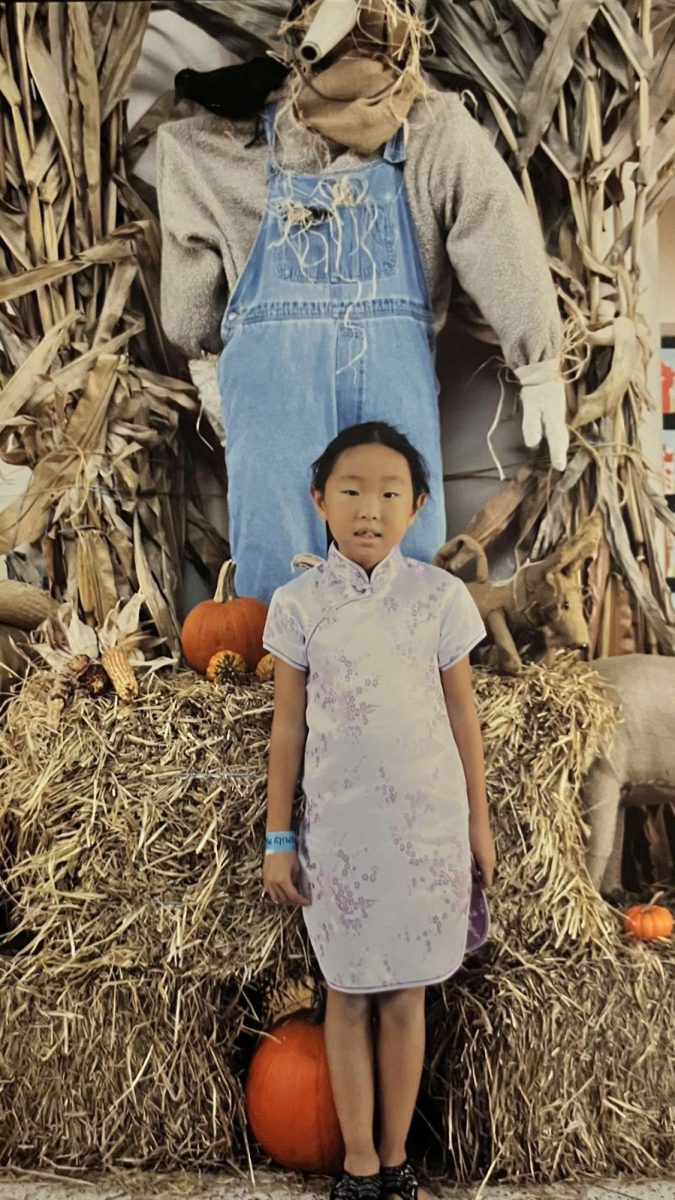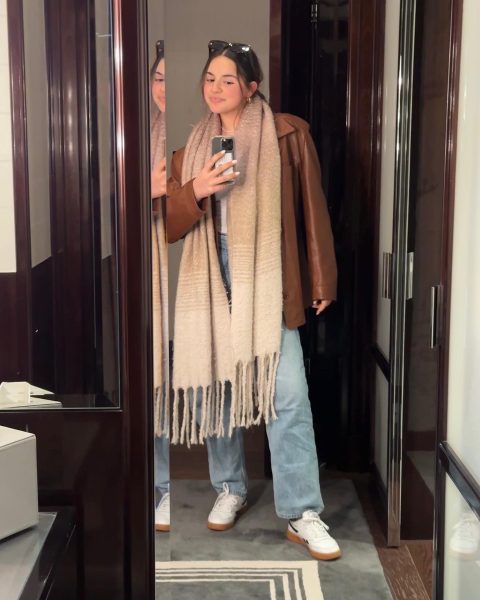Humanity is defined by its history, marked by its culture-defining traditions. From religions to holidays, culture has encapsulated human existence and defined the diverse histories of people across the globe.
But as the 21st century progresses, people are losing touch with their heritage. Culture and traditions are growing obsolete and detached from their pasts, rendering people devoid of intention in their celebrations.
Christmas has been reduced to gifts, Thanksgiving reduced to food. Even cultural celebrations like Eid or Diwali are just an opportunity to indulge in a new outfit or frivolous party.
But perhaps this disconnect is inevitable. The United States is a melting pot of worldly cultures and traditions; the potency of culture is, therefore, diluted by a lack of community.
Junior Becca Hahm remarked on how cultural celebrations differ between the United States and her family’s home country of China. “Chinese New Year makes you feel unbelievably close to your culture. Being surrounded by hundreds of people celebrating the same tradition as you, in streets lined with decorations and celebratory fanfare, makes you appreciate the opportunity to celebrate with your entire community, city, country,” she stated. “You just don’t get the same feeling in the United States.”
Though the connection to a culture’s history may be lost, a country of merged cultures creates an opportunity for new traditions.
Junior Halima Talbi has a caucasian mother and a Moroccan father, both of whom were raised with different beliefs, on different continents. Talbi first-handedly understands the effects of amalgamated culture and how new identities can form as a result.
“My whole life I was raised Muslim. We observe Ramadan every year and celebrate Eid with our friends, go to the Mosque, and take pride in our religious heritage,” she described. “At the same time, however, I grew up with my grandparents giving me Christmas gifts and spending Easters doing egg hunts with family-friends. Being of mixed heritage has given me a unique identity that represents my family and how I was raised, and I am proud of that.”
Though cultures in the United States may be diluted, they represent a story of how implanted culture can grow and evolve in a new country.
While the maintenance of culture is key to the preservation of diversity across the globe, it is equally necessary to acknowledge that culture is not fixed, but rather a fluid entity that can evolve over time. Holidays and customs are not immune to transformation, and in the United States particularly, culture is inevitably subject to evolution.
While some traditions have grown obsolete as culture crosses oceans and continents, embracing a nuanced understanding of cultural evolution allows for the fusion and acceptance of diversity in the US.
A future can exist where celebration is not marred by disconnection and obsolescence but enriched by historical intention and purpose.









